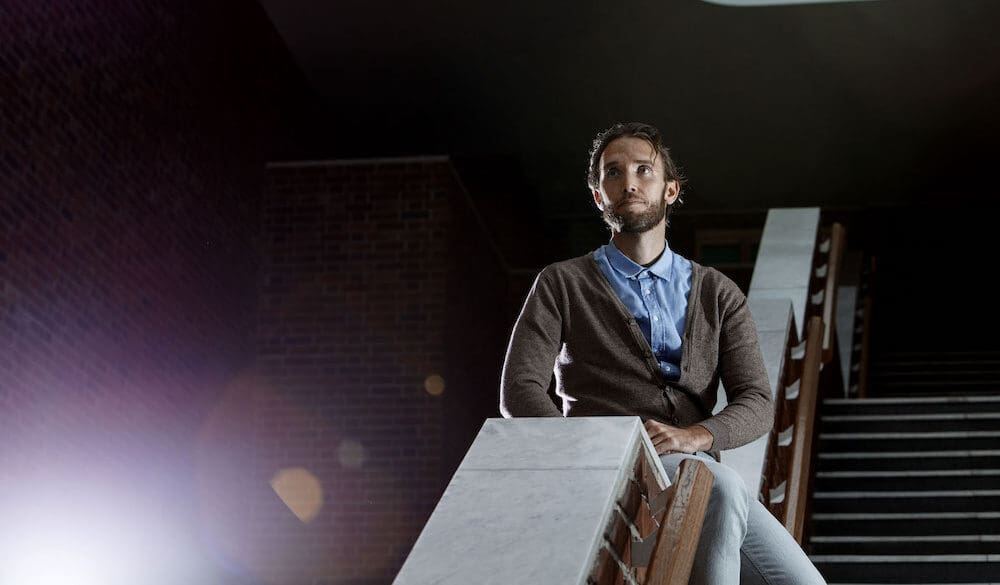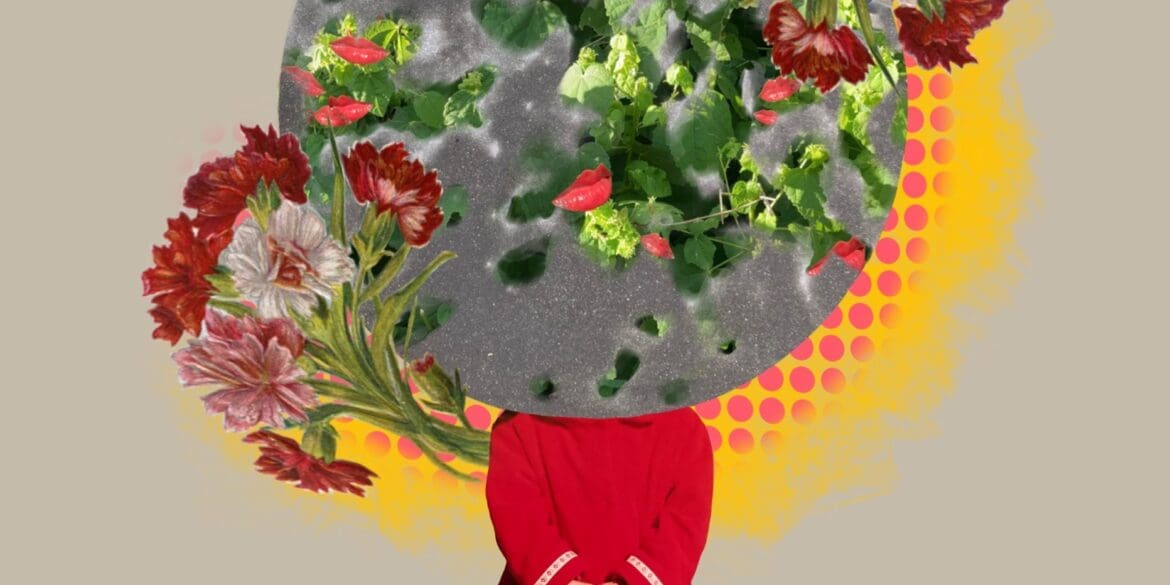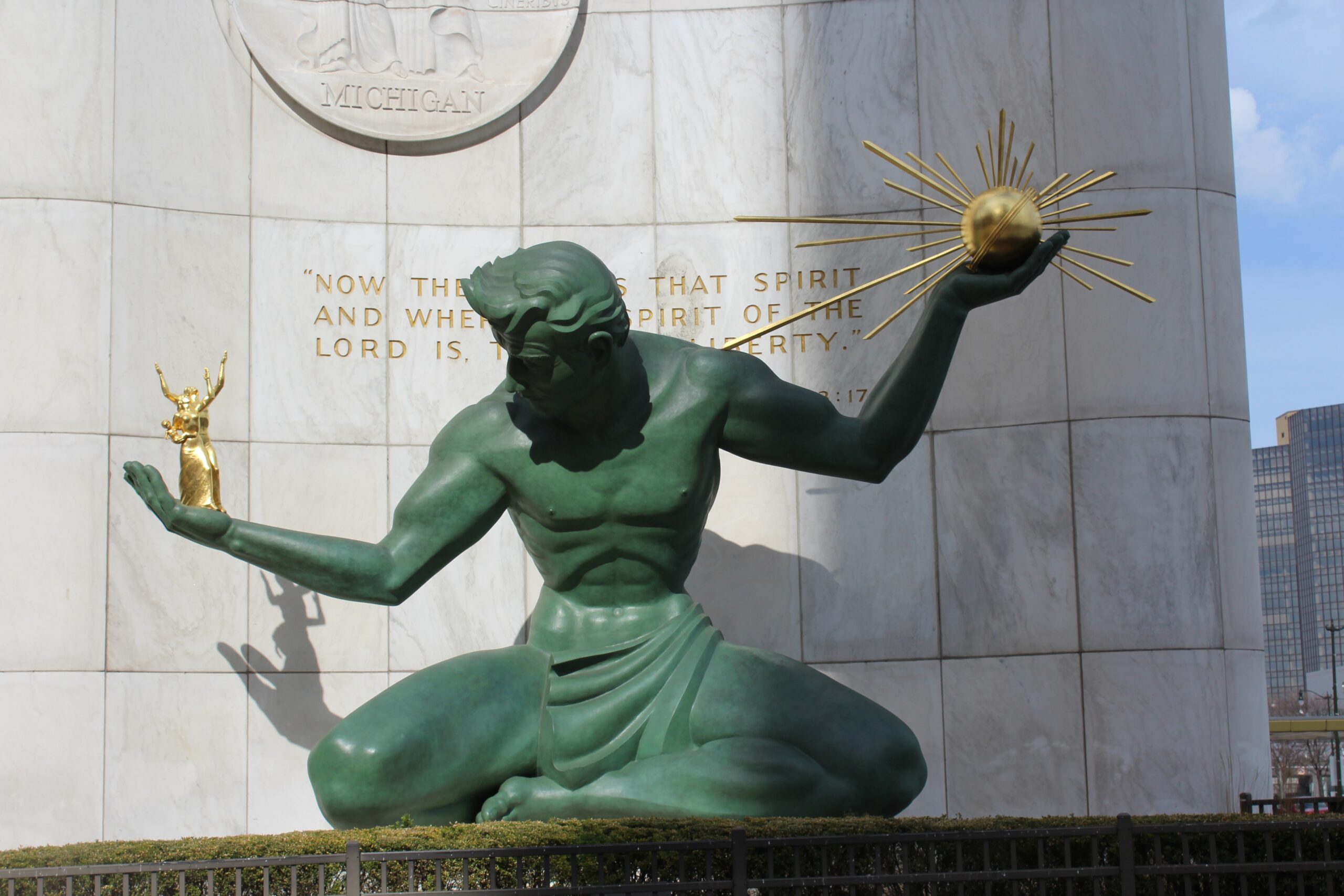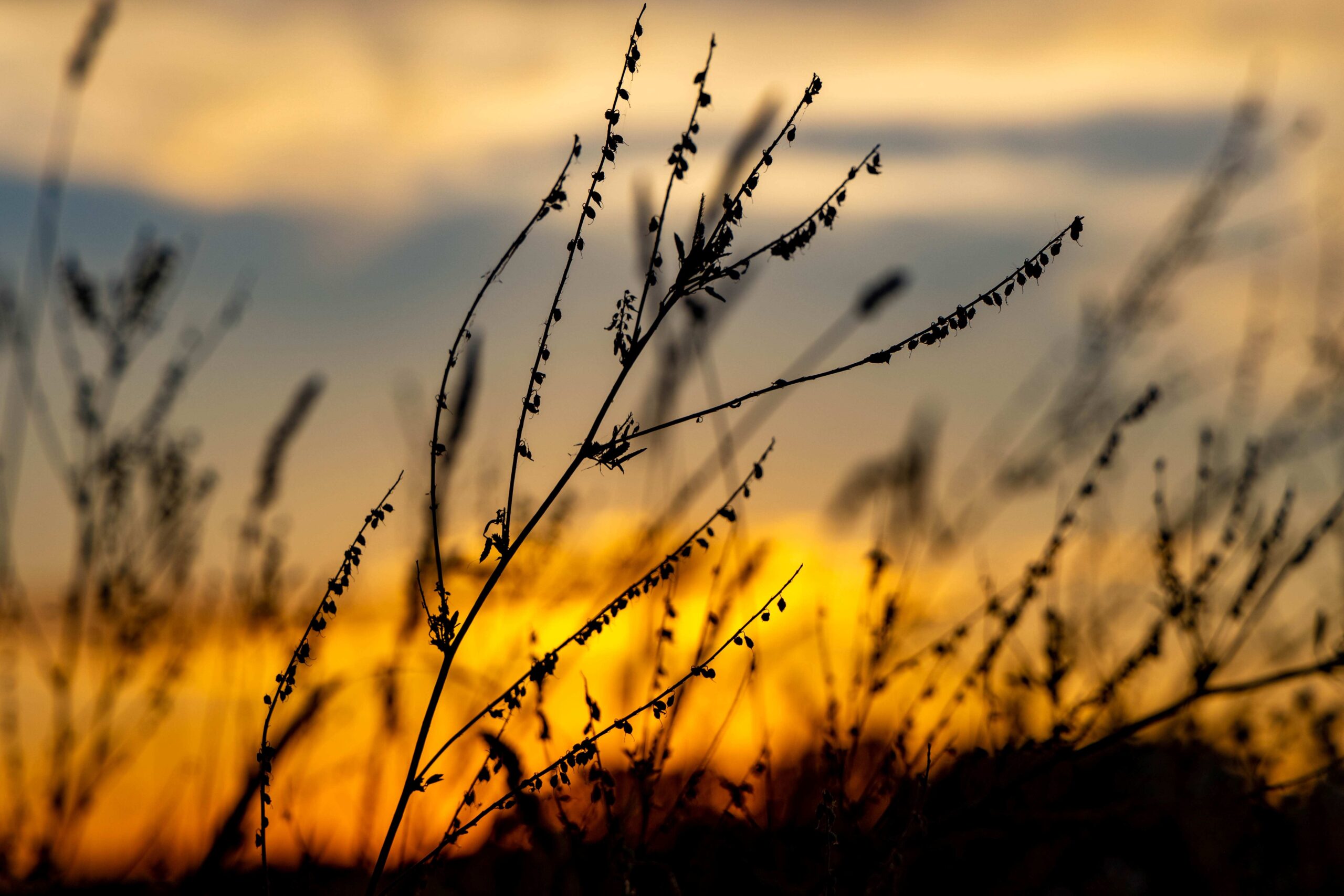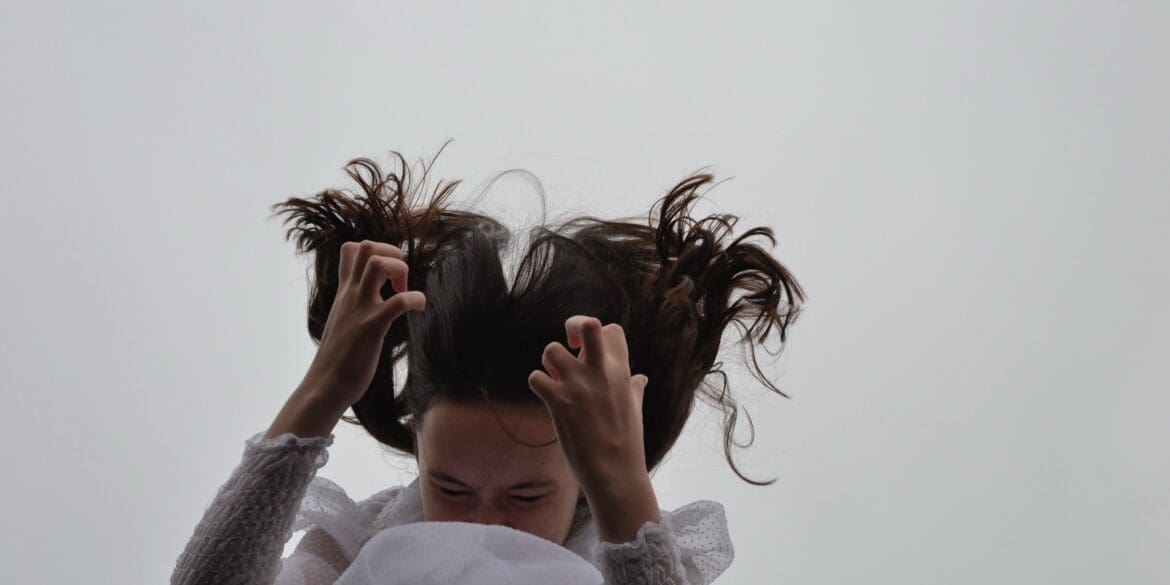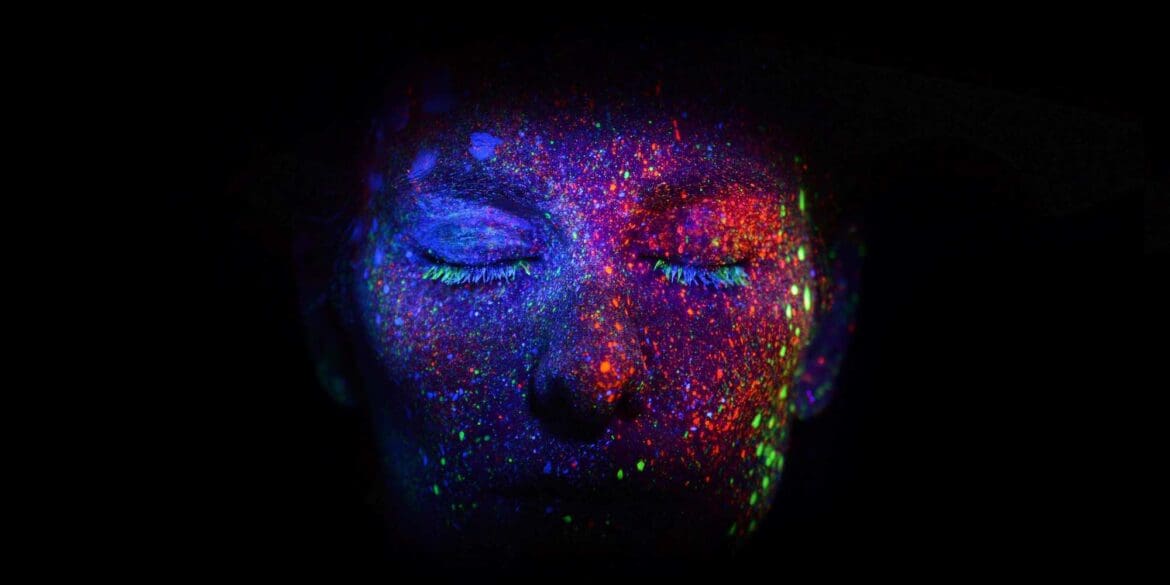This work addresses the issue of young women being underserved as health care patients, specifically through the lens of medical gaslighting.
This is from the experience of losing someone who you thought would be a part of your family, only to realize their journey was different.
This essay and video introduce an autoethnographic study of my life as a deaf child in Finland learning sign language.
I worry about survival. Bluntly put, according to the Academy of Sciences almost every person on earth will be affected by climate change.
Overall, "Little Red" encompasses queerness, womanhood, and the implications of growing into an identity that isn't cherished by society.
It grew out of my personal experience researching Black history museums; but in reality, it began a lot earlier, maybe before I was born.
I share real world examples of why I believe the trans community uses empathy as a powerful tool to combat transphobia and promote self-love.
This piece situates me in a set of sour in-laws relationships that also involved the legal system and it is in the form of autoethnography.
In Saying Goodbye: A Father's Last Minute Parting Gift to His Son, I channel the moments I remember from the night before my mother died.
This sestina poem reflects and validates my own personal experience as a 14-year-old who was dealing with something I couldn’t initially even name; anxiety.
“Four Essays on Being Trans in the Anthropocene” in one of autoethnographic works on my queerness and informed by speculative anthropology.
In my short story, “Cubicle,” a student filmmaker discovers loneliness, absurdity, and cruelty in the halls of Corporate America—but also finds his artistic voice.




